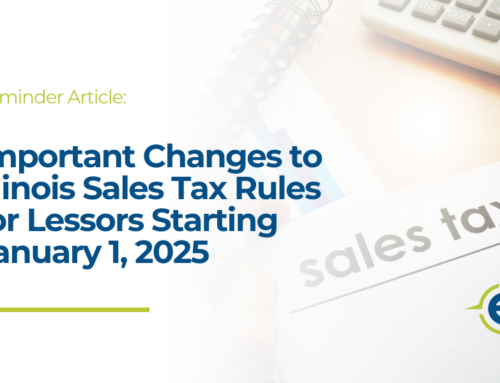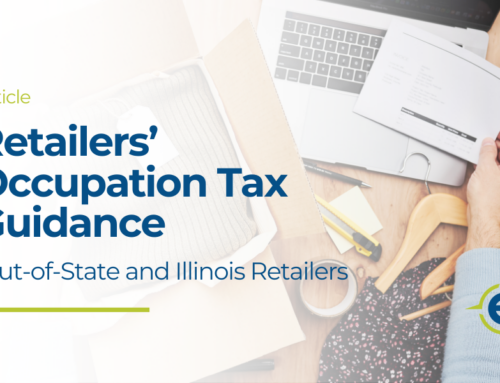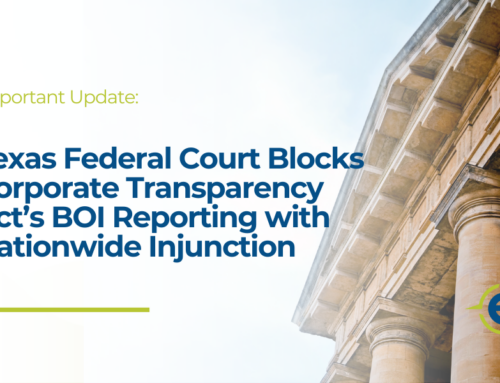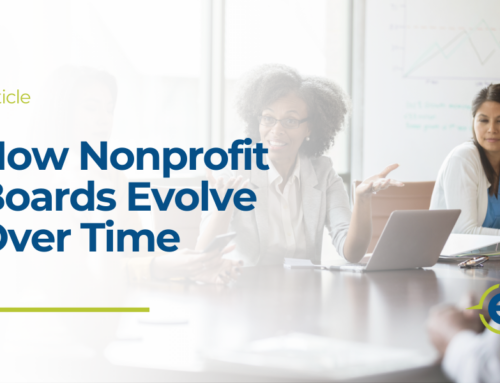The Importance of a Beneficiary Review – Now!
It’s easy to lose track of beneficiaries you’ve assigned to your key accounts and other important documents. Should something happen to you, this situation can create a mess.
The best way to avoid this problem is to periodically review your beneficiaries and creating a simple plan to organize this task.
The importance of a periodic beneficiary review
- To ensure your assets go to the intended recipients (and avoid probate). You’ll typically have beneficiaries for each of your IRAs, 401(k)s or other retirement plans, annuities and insurance policies. Often when you designate a beneficiary in one of these accounts, that person inherits the assets in the account, regardless of what your will might say. So, the only way to ensure your assets go to the intended recipients and to avoid a long, drawn out legal process (probate) is by periodically reviewing your designations.
- To update your estate after a significant life event. Since you made your initial beneficiary choices, you might have gotten married, had children, or gotten divorced. Some of your chosen beneficiaries may have married, divorced or passed away. Or their circumstances may have changed so you no longer want them to be the beneficiary.
- To respond to an increase or decrease in your wealth. Maybe you sold your business or inherited a trust. Perhaps you’ve experienced poor investment portfolio performance. As your wealth changes, you’ll need to consider how it affects your estate planning, and whether or not your beneficiaries still fit with your strategy.
- To keep beneficiary reviews top-of-mind. Many assume reviewing beneficiaries on an annual basis is only for the super wealthy. Not so! Most employees have life insurance and retirement accounts that need beneficiaries identified. And the cost of not having the beneficiaries being current means the government’s laws decide the process for you. This can create a huge delay in your heirs receiving funds during a time when they may need them the most.
Reviewing your beneficiary designations
Here are five steps to help you review and organize your beneficiary designations:
- Identify accounts. Obtain copies of the designations for the following (when applicable):
- Will
- Insurance policies
- Bank accounts
- Retirement savings accounts (IRAs, 401(k)s, etc.)
- Company benefits
- Pensions
- College savings accounts
- Annuities
- Investment accounts
- Follow up on missing information. Request copies of beneficiaries if your records are missing. Double check their contact information and any name changes due to marriage or divorce.
- Review the designation allocation. Double check that assets are going where you want and that you’re minimizing taxes. Ensure that there are back-up beneficiaries when appropriate.
- Report revised designations to the account custodians. Obtain a written acknowledgment for each change you make to your beneficiary designations. Please be aware that banks and insurance companies sometimes lose forms, and that could thwart your planning.
- File acknowledgements. File the acknowledgments with your will and other estate planning documents. Then review and communicate clear instructions to someone so access to these records is available should you unexpectedly pass away or become incapacitated.
Review your beneficiary designations at least once a year to make sure they are still appropriate. They may be simple forms, but they’re too important to ignore.





